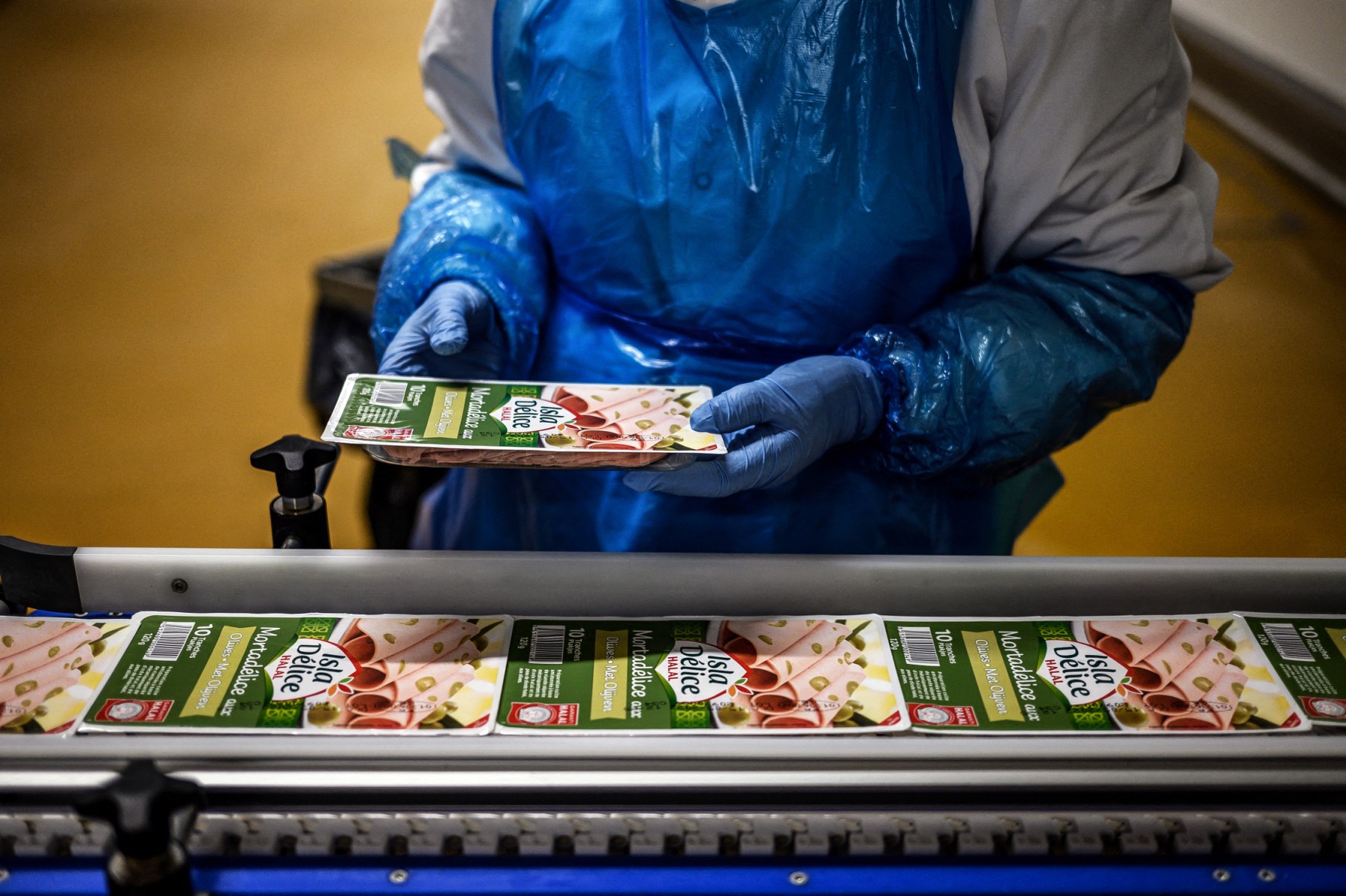Makkah, Saudi Arabia — Global halal market is projected to reach an estimated $7.7 trillion by 2025. Leading the expansion is the Islamic finance sector, followed by the food and beverage industry, pharmaceuticals, medical and health products, cosmetics, as well as travel and tourism.
In education and health sectors, recent economic reports foresee the halal economy market doubling from $2.30 trillion in 2020 to $4.96 trillion in 2030, reflecting a remarkable 115 percent increase within the next decade, Saudi Gazette reported.
The Public Investment Fund in Saudi Arabia, a frontrunner in the global halal industry, took the initiative in 2022 to establish a company specializing in the development of halal products. The country established a center for halal products under the supervision of the Saudi Food and Drug Authority, ensuring adherence to Islamic law in the processing and storage of meat, poultry, cosmetics, and medical devices.
The Makkah Halal Forum, a three-day event which kicked off in Makkah on Tuesday aims to delve into key investment partnerships and potential economic prospects within the burgeoning halal industry sector. T
The forum was organized by Manafea and the Islamic Chamber for Halal Services (ICHS) in collaboration with the Saudi Standards Metrology and Quality Organization, and the Saudi Food and Drug Authority.
Themed “Creativity in the Halal Industry,” the forum has attracted participants from diverse sectors, including the Makkah Chamber of Commerce and the Islamic Chamber of Commerce and Development. With over 10 discussion sessions and 250 meetings, the event explores various aspects of the global halal industry, including halal certification and standards, regulatory frameworks, safety measures, and authenticity of halal products and services.
The halal industry is experiencing upswing, driven by the escalating demand for halal products worldwide. The global Islamic economy report anticipates consumer spending on halal products to reach $2.4 trillion by 2024, reflecting a growing interest not only from Muslim consumers but also non-Muslims who associate halal with safe and healthy consumption.








